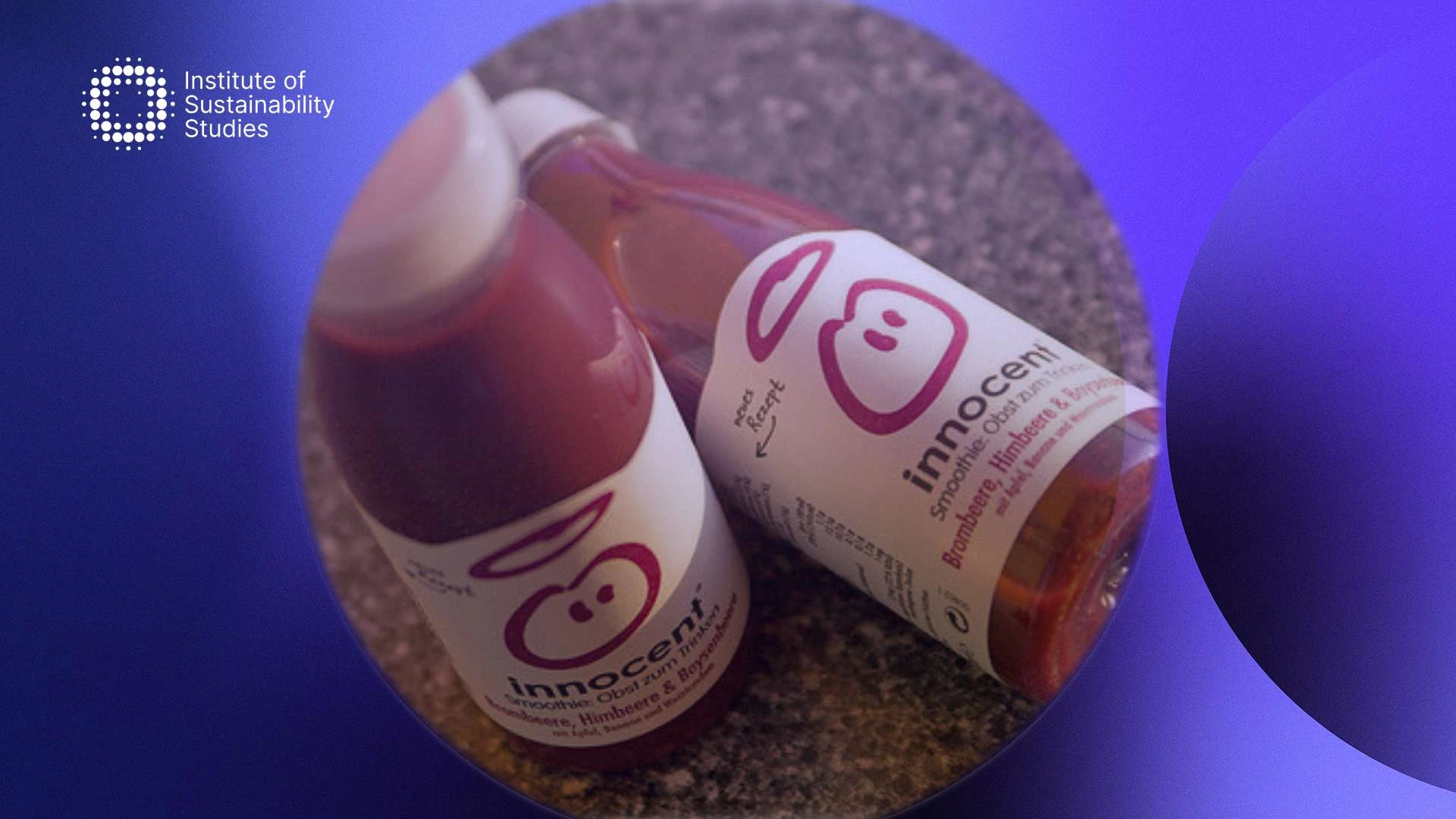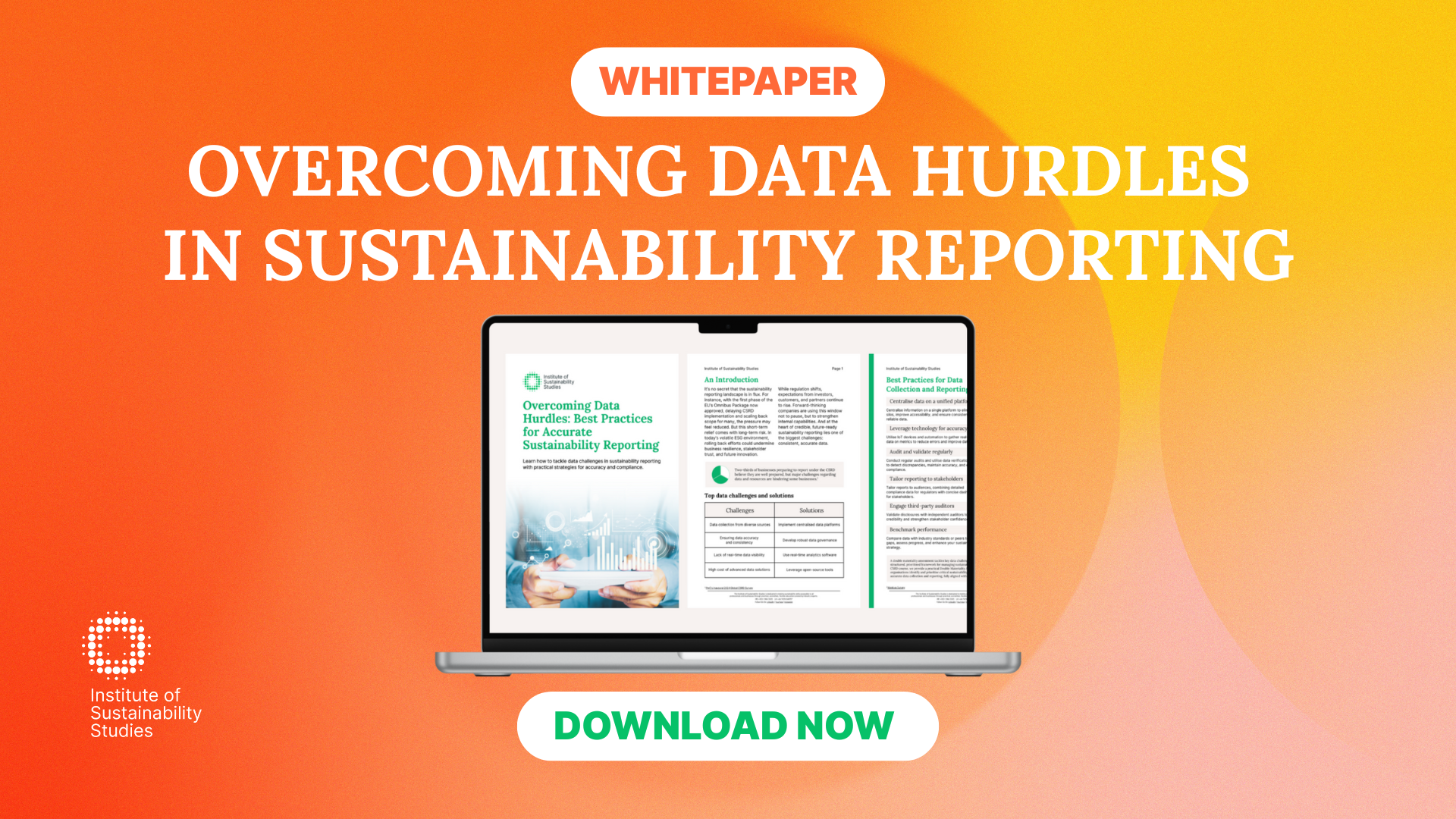The sporting goods store Decathlon has launched its ‘No Tent Left Behind’ scheme for a second year. This sustainability strategy incentivises customers not to abandon or bin their tents but instead to bring them back to the store for a full refund.
The issue of festival waste
The Association of Independent Festivals estimates that a quarter of a million single-use tents are left behind at music festivals in the UK annually. While many people are under the impression that their tents will be collected afterwards and sent to charities, this is wishful thinking as they frequently end up in landfills.
Inexpensive tents are often made from nylon or polyester with a coating of acrylic polyurethane or silicone with poles made of carbon fibre and pegs from aluminium. Synthetic materials such as polyester and nylon are polymers extracted from fossil fuels and do not biodegrade.
Besides materials, tents require a significant amount of energy to make. It has been estimated that the manufacture of a typical 3.5 kg tent emits the equivalent amount of carbon dioxide to around 8,750 straws and 250 cups of plastic (25 kg). This excludes the additional energy of driving to the shop to purchase the tent or transporting it to a landfill.
About Decathlon’s buy-back scheme
Currently, the Decathlon scheme is only available to customers in the UK and covers ten of its most popular tent models, but it is hoped that they will expand this to the other countries it operates in. Under the scheme, customers have until the 13th of September to return their eligible tents for trade-in.
Upon trade-in, they will receive a gift card equivalent to the full amount they spent on the tent in the first instance, regardless of any wear and tear. The tents will then be clear, refurbished, and resold through Decathlon’s ‘Second Life’ resale platform. This platform was launched last year in the UK for its own-brand bikes and was expanded in the spring to include a range of fitness equipment and camping gear, such as paddleboards, golf clubs, and tennis rackets.
Chris Allen, Sustainability Leader at Decathlon UK, shared that the company relaunched the campaign with the biggest tent pledge following its successful launch last year. He said they want to make an even bigger impact this year and encourage their customers to choose sustainable habits while enjoying themselves.
Scaling up circularity
Scaling up circular business models is a primary pillar of Decathlon’s sustainability strategy. Other core pillars include enhancing traceability, curbing emissions in line with verified science-based targets, and increasing product repairability and durability. The business is aiming to expand its buy-back offering to over 100 types of products by 2026.
At this point, it is striving to have facilitated the repurchase of 800,000 items. In addition to the buy-back scheme, the company offers DIY workshops and repair services as well as rental across several product categories, such as skiing equipment, tents, and bikes.
Conclusion
Decathlon’s ‘No Tent Left Behind’ scheme exemplifies the company’s commitment to sustainability and circular business models. By incentivising customers to return their tents rather than discarding them, Decathlon addresses the significant waste problem associated with festivals and camping.
With plans to expand the buy-back scheme and facilitate the repurchase of hundreds of thousands of items, Decathlon is leading the way in promoting responsible consumer behaviour and reducing environmental impact.
Armed with a Postgraduate Degree in Design Thinking for Sustainability from University College Dublin, Richie stands out as an innovative problem-solver with a flair for interpersonal communication.
His commitment to promoting sustainability through education has made him keen to guide both individuals and organisations on their learning journeys towards sustainability. Having honed exceptional interpersonal skills during his tenure in the hospitality industry, Richie now applies these skills in the corporate realm, offering effective guidance to past, current, and potential participants on their educational path.
- Richie Denieffehttps://instituteofsustainabilitystudies.com/insights/author/richie/
- Richie Denieffehttps://instituteofsustainabilitystudies.com/insights/author/richie/
- Richie Denieffehttps://instituteofsustainabilitystudies.com/insights/author/richie/









